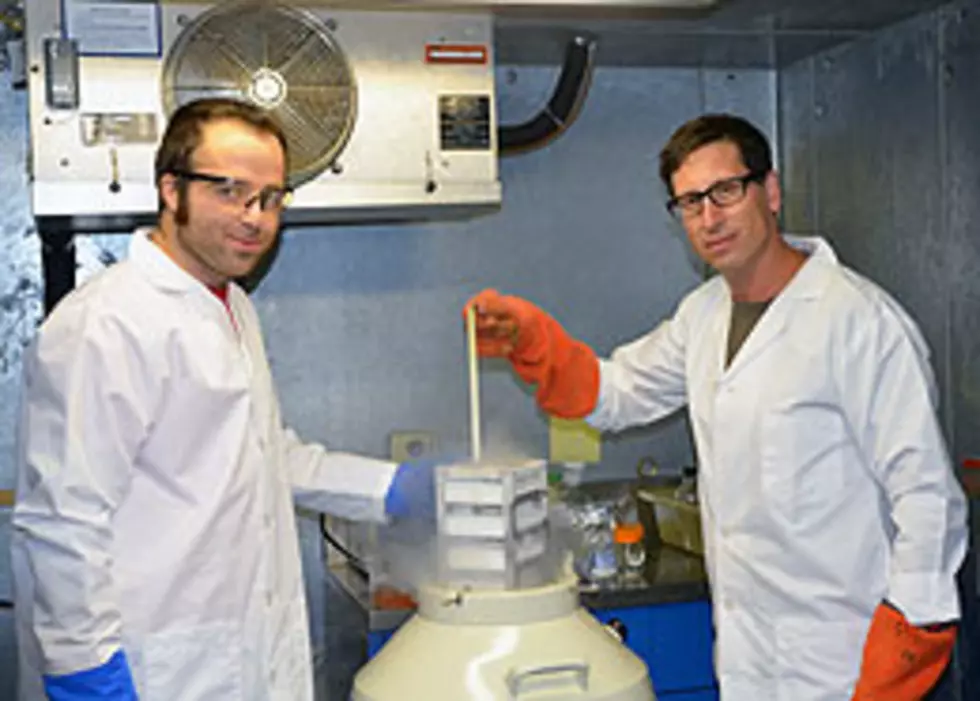
U.W. Proffessor Uses Worms In Cancer Research
A University of Wyoming researcher has discovered what could be an important insight in reversing cancer-associated properties of cells caused by genetic mutations in humans. And he did it using worms.
David Fay, a UW professor of molecular biology, studied a strain of nematode worm (Caenorhabditis elegans, which are transparent and approximately 1 millimeter in length) that carries a gene mutation similar to one that is inactive in many human cancers. He says Dubbed “LIN-35,” this gene in worms is similar to the “pRb” protein gene in humans.
Fay, along with his doctoral student, Stanley Polley, identified these genes by systematically inhibiting most of the genes in the worm genome. Through this process of elimination, the two discovered that defects caused by mutations in the LIN-35 genes could be reversed by inactivating a small number of other worm genes.
Fay’s discovery is published in the August issue of the Genetics Society of America (GSA) journal, GENETICS, which hit newsstands yesterday (Aug. 9). For a full text of Fay’s research, go here.
More From 101.9 KING-FM
![Dancing With The Stars Pairs UP! [VIDEO]](http://townsquare.media/site/98/files/2012/08/hqdefault9.jpg?w=980&q=75)


![Jennifer Aniston Is Engaged To Justin Theroux [VIDEO]](http://townsquare.media/site/98/files/2012/08/hqdefault8.jpg?w=980&q=75)
![Jurors Needed for Mock Trials at U.W. [AUDIO]](http://townsquare.media/site/98/files/2012/08/uwyo.jpg?w=980&q=75)




